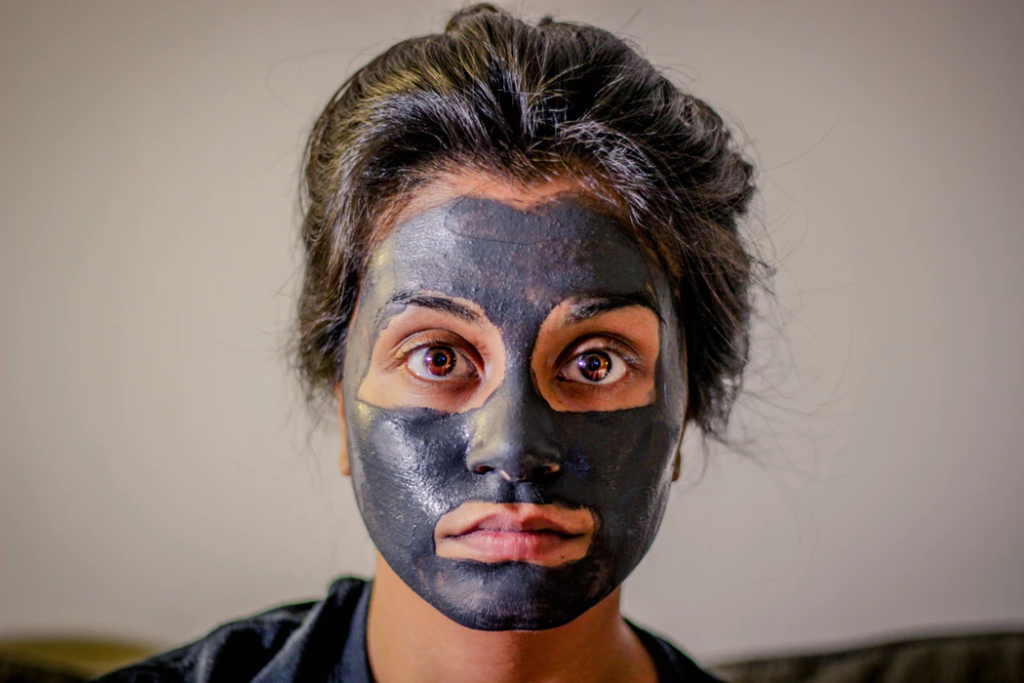
Have you ever wondered what the skin care routine of a dermatologist looks like? From exfoliating to protecting your skin from the sun, there are so many right and wrong ways to take care of your skin. These are 5 of the most troubling methods and products that top dermatologists want us to ditch immediately.
Toner
Toning is often one of the most essential steps to a cleansing routine. However, dermatologists don’t recommend using toners and they don’t believe it’s necessary for healthy skin.
Dr. Jennifer Chwalek, a board-certified dermatologist at Union Square Laser Dermatology, states, “Many toners contain alcohol which is drying (which may be fine if you have oilier, acne-prone skin).” Dr. Samer Jaber of Washington Square Dermatology in New York, agrees with Chwalek stating, “Some people like to use toners, if they feel like their skin [is] really oily, but I don’t find it super necessary.”
If you’re someone who swears by toner, but would like to use something less drying and irritating to your skin, Chwalek recommends using rose water. “…I spritz my face with rose water in the morning before applying vitamin C and SPF. I find the rose water helps to hydrate my skin and it can also calm down any inflammation since it contains various vitamins and antioxidants. Once it dries, I apply a vitamin C serum and then sunscreen”, she says.
Mineral Oil
Oils are becoming more and more popular in the skin care industry, but not all oil is good when it comes to your skin.
Dendy Engelman, MD, of Manhattan Dermatology and Cosmetic Surgery cautions, “Mineral oil can clog pores…This can lead to acneiform eruptions, blackheads, milia—very undesirable results.”
If you’re unsure of whether or not your beauty products contain mineral oil, check the label for these terms: petrolatum liquid, petroleum oil, liquid paraffin, liquid petroleum, paraffin oil, paraffinum liquidum, white mineral oil, and white oil. These are all mineral oils that can be lead to unsightly breakouts and blemishes.
Mineral oils are often founds in facial creams, lotions, cleansers, makeup removers, mascara and foundation,
Spray On Sunscreens
Spray on sunscreens may seem like a convenient option when you’re at the beach or running late for work, however dermatologists would never use them as part of their skin care routine.
Dr. Rachel Nazarian of Schweiger Dermatology Group in New York says that these sprays don’t offer adequate coverage for the face or the body. She warns, “Half of it goes into the air, barely any of it gets onto your skin, you’re breathing in half of it. It’s just not the right way to get good coverage…no self-respecting dermatologist would ever use a spray sunscreen.”
Soap
Body bar soaps, complimentary hotel soaps and hand soaps were never intended for facial cleansing.
“Regular soap strips skin of essential nutrients, which may result in decreased skin elasticity. Additionally, it uses harsh cleansers created via a chemical process to clean skin, resulting in a loss of critical moisture and leaving it rough, dry, and itchy,” says Ellen Marmur, MD, associate clinical professor in the department of dermatology at Mount Sinai Medical Center.
When it comes to hotel soaps Jaber says, “I’m really careful at hotels,” Jaber said. “I never use the hotel soaps because they really dry me out, because they’re heavily fragranced. I always bring soap with me.”
Dermatologists Nazarian, Marmur and Jaber agree that it’s best to stay away from scented soaps. If you must use a regular one, make it one that is unscented and hypoallergenic.
Exfoliating Scrubs
Do you love a good exfoliating scrub as part of your pampering routine? Unfortunately, it’s time to put away those damaging scrubs. It may seem shocking to hear that exfoliating scrubs are harmful to your skin, but dermatologists across the board agree that this method of sloughing off dead skins is completely pointless.
“I find that both for myself and for my patients, physical exfoliation can lead to irritation and dryness, especially in colder months,” explains Meghan O’Brien, MD, a dermatologist at Tribeca Park Dermatology in New York City. She states, “It can also irritate skin conditions such as acne and eczema.”
“...physically or mechanically exfoliating the skin is really bad for your skin…I like the [products] that gently chemically exfoliate, like glycolic, or something that will gently break down dead skin as opposed to a mechanical, physical scrubbing of the dead skin off, which nobody needs to do.” cautions Nazarian. She’s also not a fan of the Clarisonic and strongly believes that no one should be using them.
Jaber doesn’t use exfoliating scrubs stating, “I never use any exfoliating scrubs,…I use a retinoid at night, and I think it’s a natural exfoliant. So, I could use a [scrub], but I just try to keep my life simple. I’m busy, so I try to focus on what’s important. They can be somewhat drying for my skin.”

